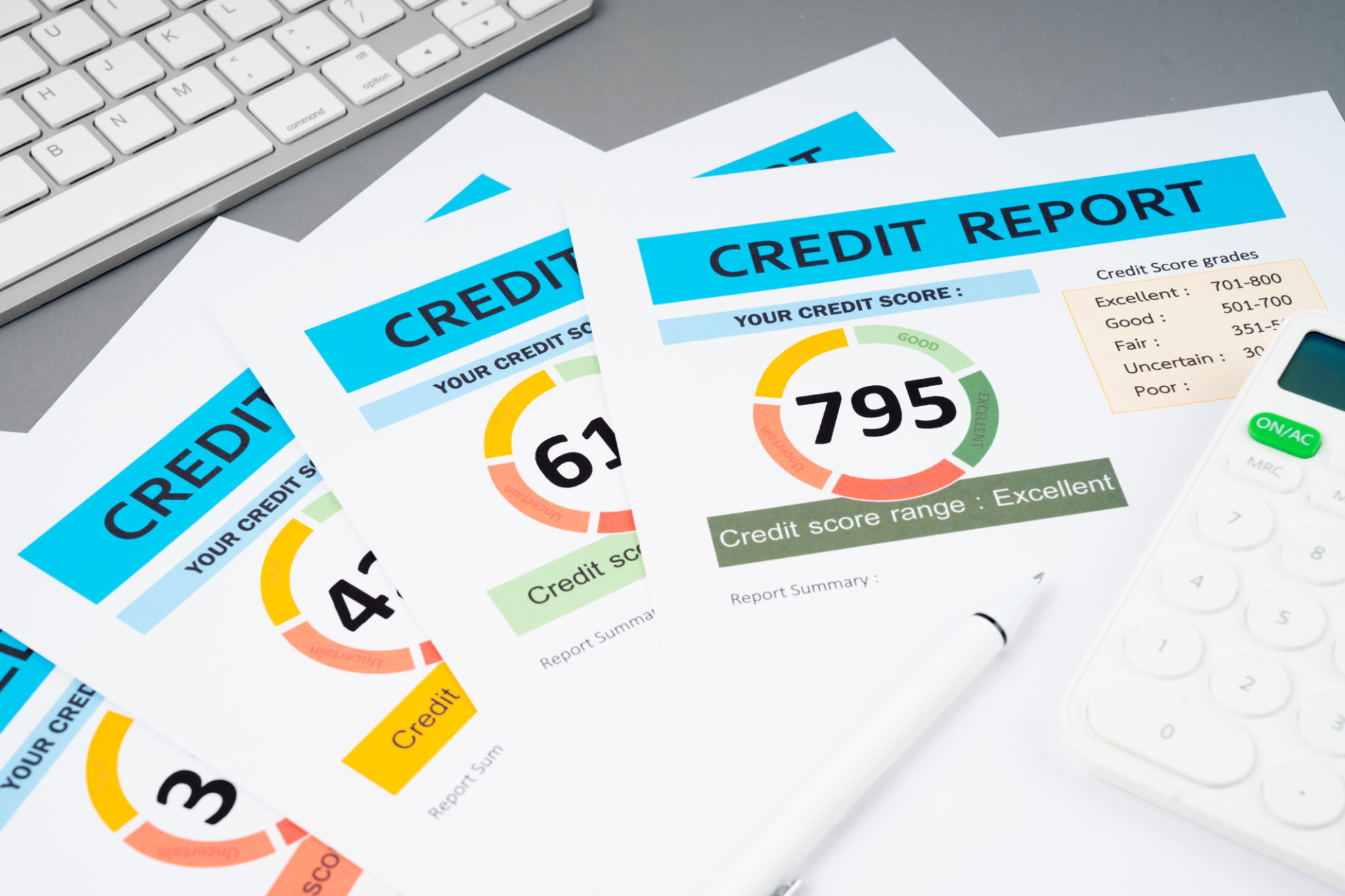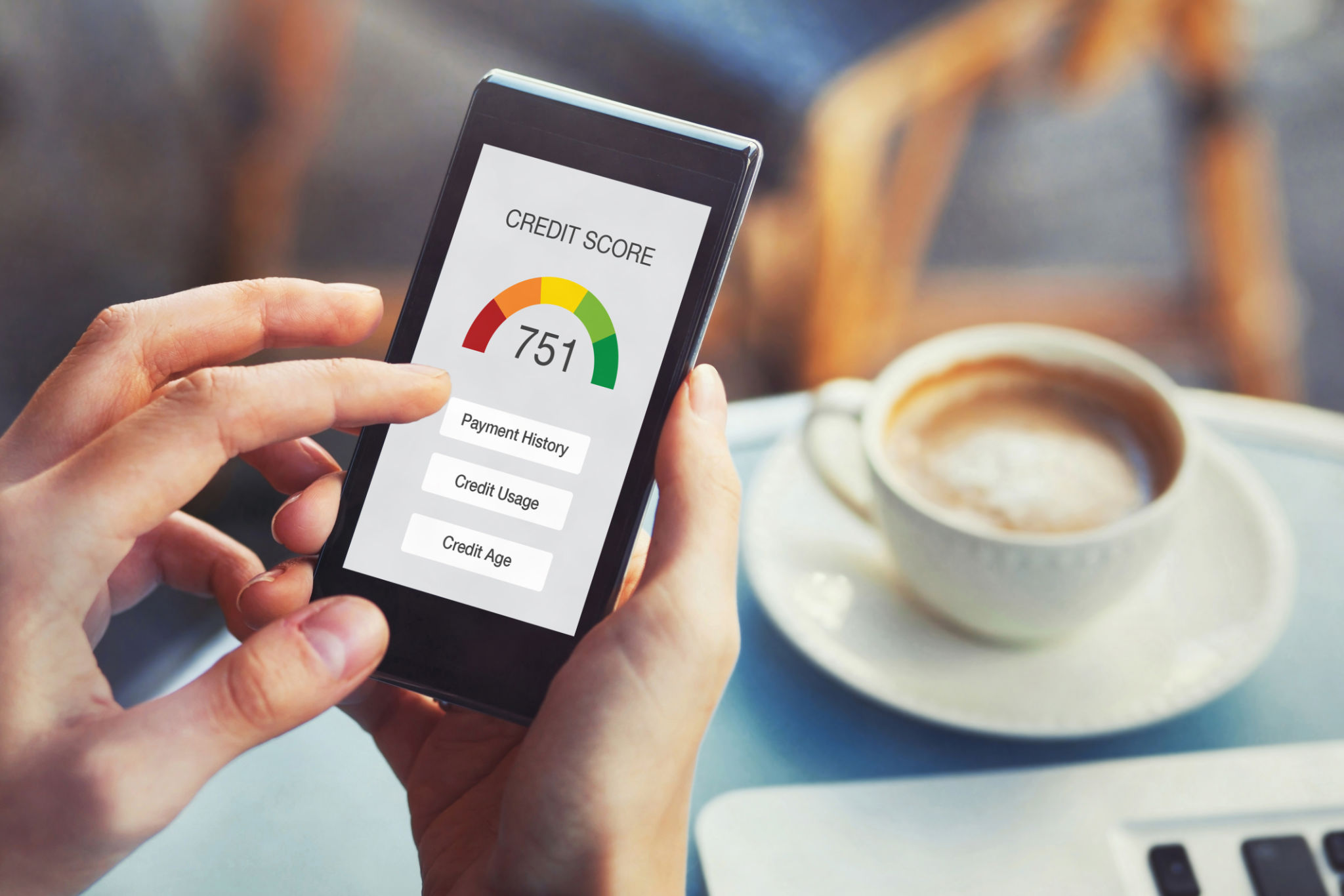DIY Credit Repair Tips: Simple Steps to Improve Your Credit Score
Understanding Your Credit Report
Improving your credit score starts with knowing where you stand. Obtain a free copy of your credit report from the major credit bureaus: Equifax, Experian, and TransUnion. Review your report carefully to identify any errors or discrepancies. Understanding the contents of your report is crucial for identifying areas that need improvement.

Identify and Dispute Errors
Errors in your credit report can significantly impact your score. Common errors include incorrect personal information, duplicate accounts, and inaccurate account details. If you find any inaccuracies, dispute them immediately with the credit bureau. Use their online dispute system for a quicker resolution process.
Pay Your Bills on Time
Your payment history is one of the most significant factors affecting your credit score. Set up reminders or automatic payments to ensure all your bills are paid on time. Consistently paying bills by their due date will gradually improve your creditworthiness.

Reduce Your Debt
High levels of debt negatively affect your credit score. Start by paying off high-interest debts first, then move on to others. Consider using the debt snowball method, where you pay off smaller debts first to build momentum.
Limit New Credit Inquiries
Each time you apply for credit, a hard inquiry is recorded on your report, which can lower your score temporarily. Avoid opening new credit accounts unless absolutely necessary, and try to space out your applications over time.

Keep Old Accounts Open
The length of your credit history contributes to your score. Closing old accounts can shorten your history and negatively impact your score. Even if you don’t use them often, keeping old accounts open can help maintain a longer average credit history.
Use a Secured Credit Card
If you have a low credit score or no credit history, a secured credit card can be a useful tool. With a secured card, you make a deposit that serves as collateral and your credit limit. Use it responsibly to build or rebuild your credit.
Monitor Your Progress
Regularly monitoring your credit score helps you track your progress and identify any changes. Various services offer free tracking tools that notify you of shifts in your score or new inquiries on your report.

Improving your credit score doesn’t happen overnight, but with diligence and responsible financial habits, you can see significant improvements over time. Take these steps seriously, and you'll be on your way to achieving a healthier financial future.
